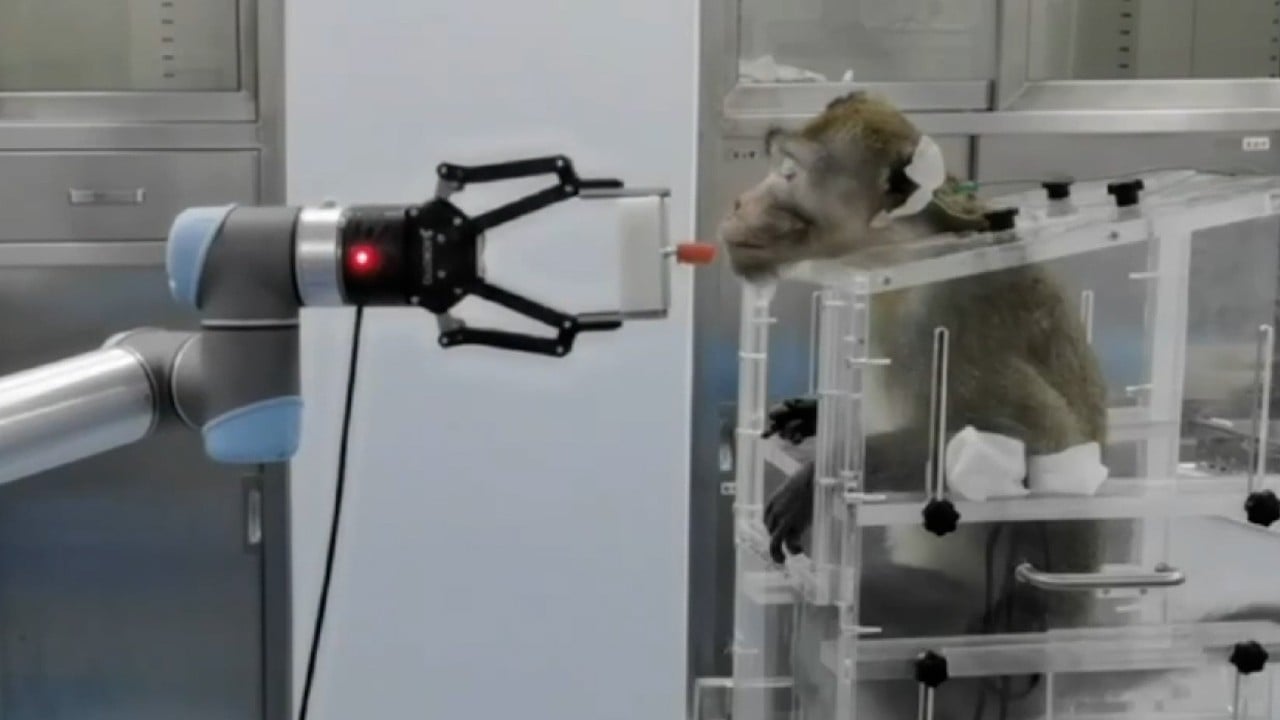Using a data-driven approach, the researchers “innovatively identified crucial plasma biomarkers for future dementia prediction,” as stated in a paper published in the peer-reviewed journal Nature Ageing on Monday.
Chinese researchers have announced a breakthrough in brain-computer interface technology by utilizing signals from monkey brains.
The scientists aim to utilize blood biomarker tools to accurately predict the likelihood of a patient developing dementia in the future, even before any clinical symptoms manifest. Early diagnosis and intervention could be crucial since there is currently no cure for dementia.
Proteomics, the large-scale study of proteins, can help identify potential drug treatments or diagnostic methods for diseases and enhance our understanding of human physiology.
Despite challenges such as technical limitations and a lack of comparison methods, the team overcame these obstacles by leveraging the extensive UK Biobank cohort. This cohort, comprising over 50,000 individuals aged 40 to 69 with a median follow-up period of 14 years, provided valuable data for the study.
By analyzing data from more than 1,400 plasma proteins obtained from the biobank participants, the researchers had a unique opportunity to investigate the role of blood proteins in dementia development.
Through the use of an artificial intelligence algorithm known as a light gradient boosting machine, the team identified a subset of key proteins that exhibited changes in expression up to a decade before the onset of dementia symptoms.
The researchers combined data on a protein called GFAP, which showed a significant association with dementia risk, with demographic information to develop an optimal predictive algorithm. This combined model demonstrated the potential to accurately predict dementia onset more than 10 years in advance, offering a cost-effective and non-invasive alternative to traditional screening methods.
While acknowledging limitations in their study, such as the lack of diversity in the biobank cohort and the incomplete examination of the human proteome, the team emphasized ongoing research efforts to address these gaps. Their work not only sheds light on potential treatments for dementia but also extends to the study of other brain-related conditions like depression and Parkinson’s disease.










